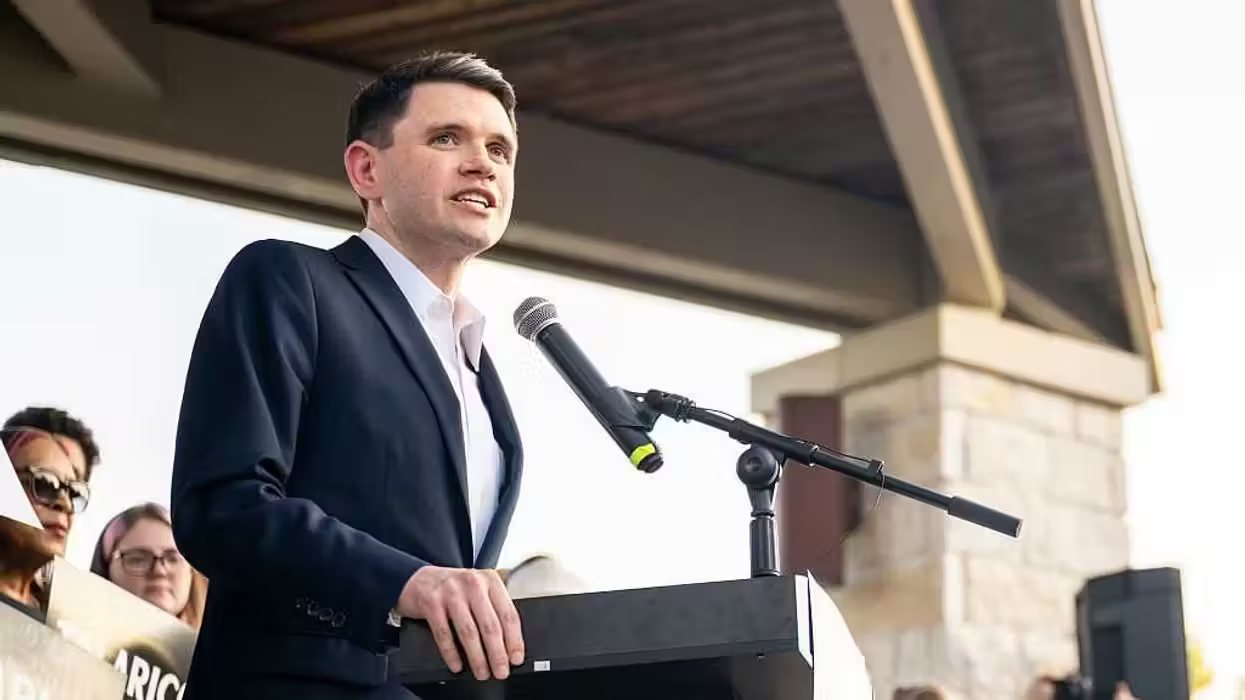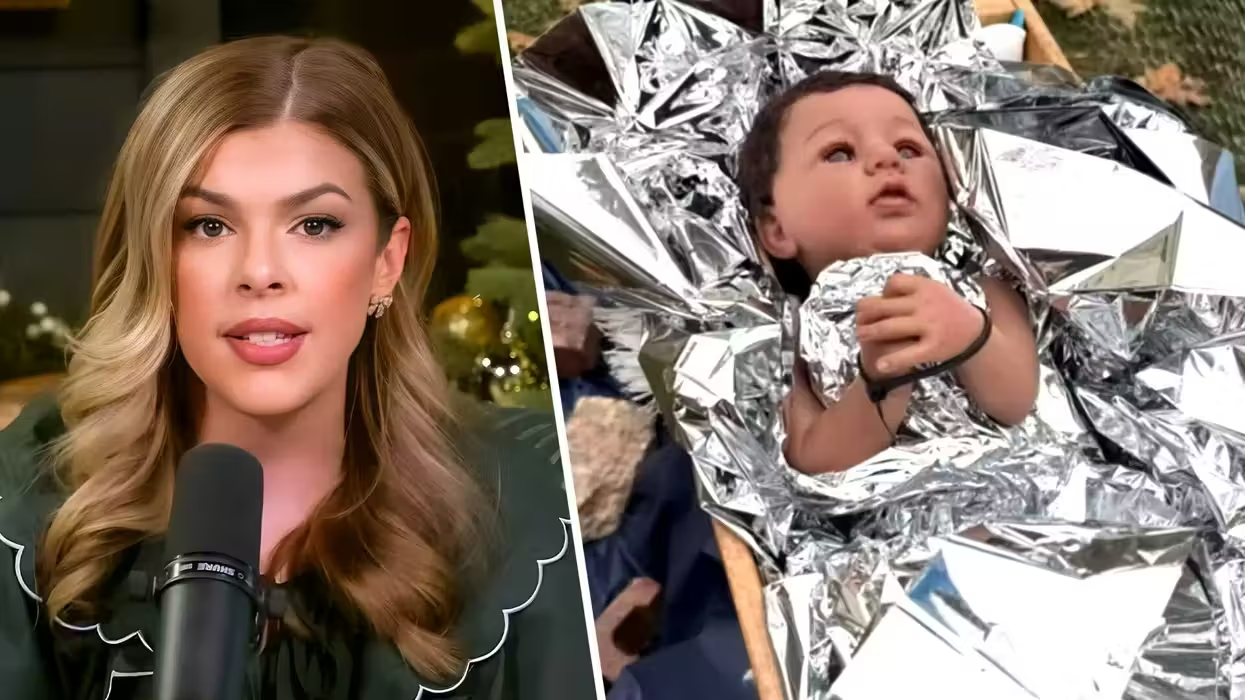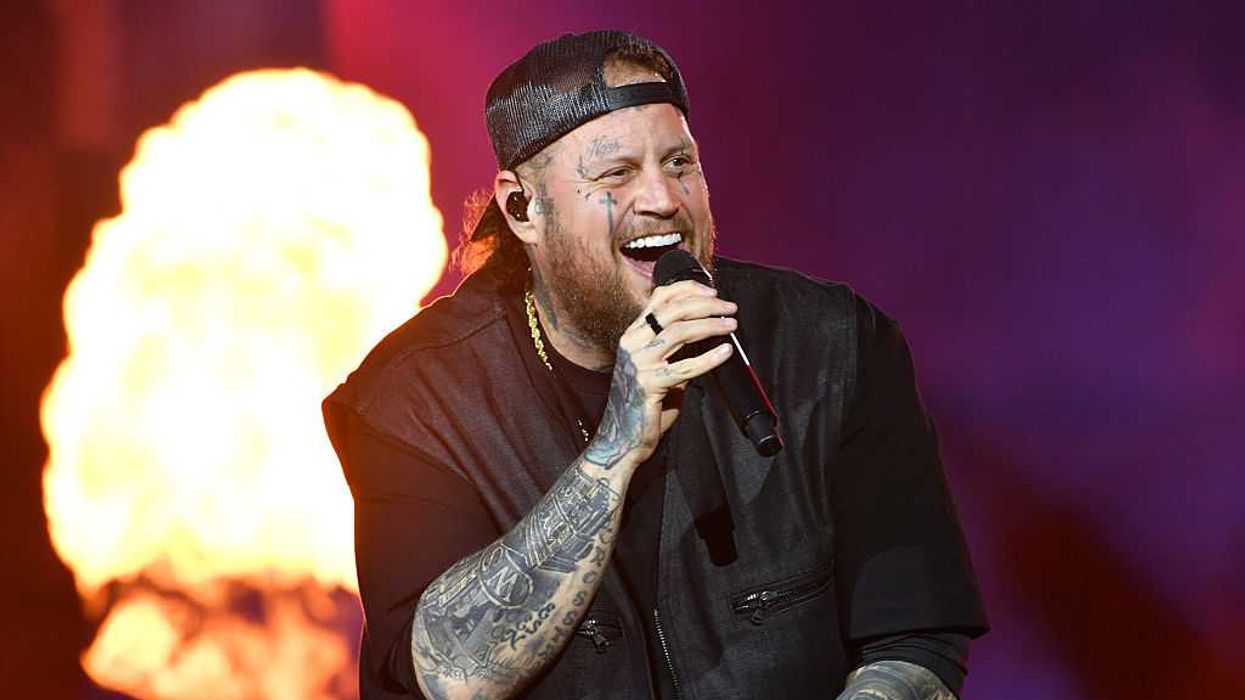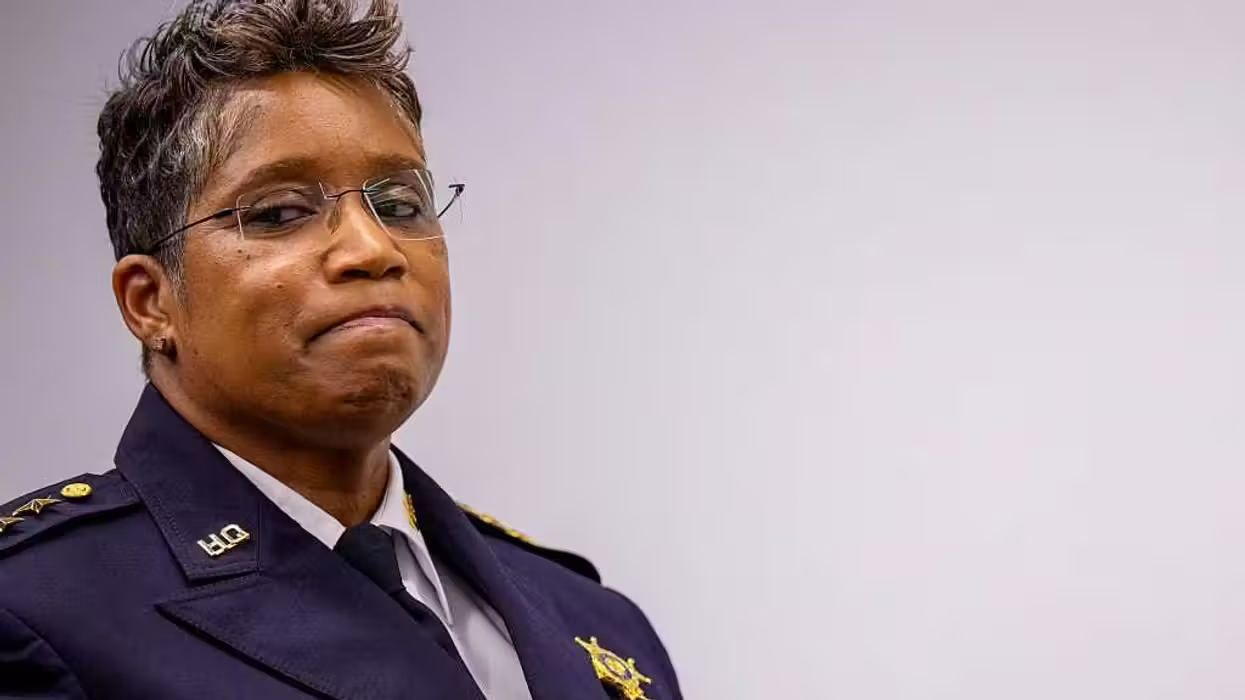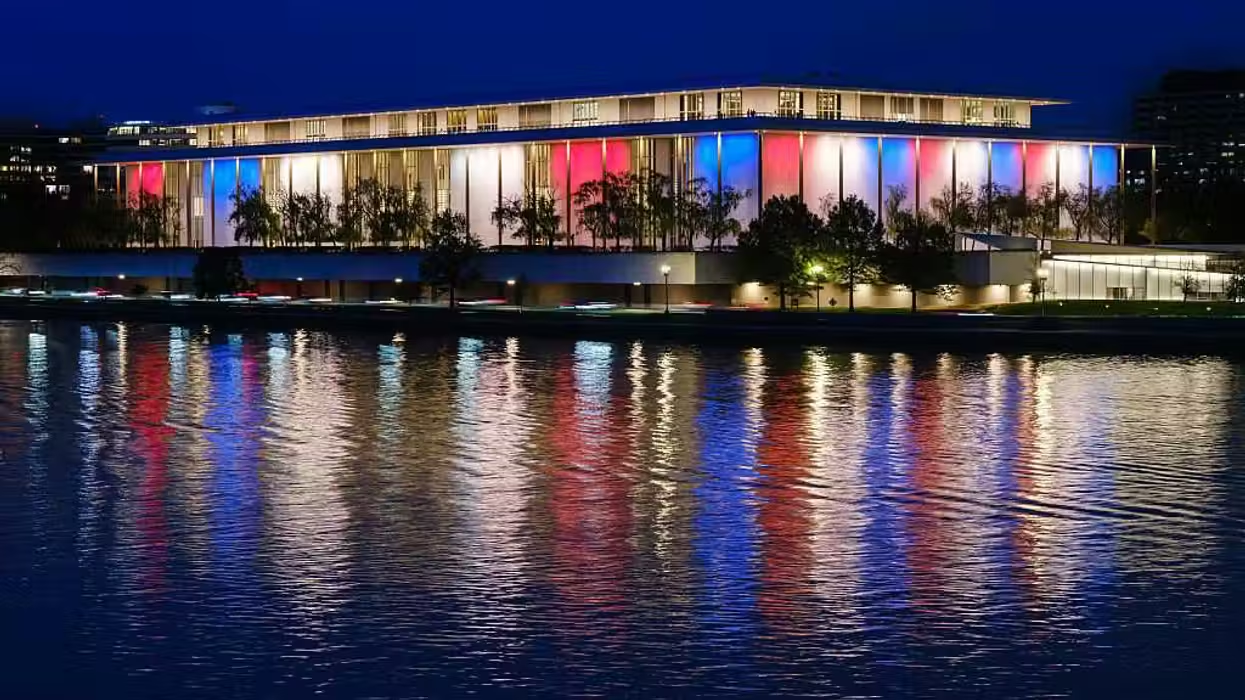
© 2025 Blaze Media LLC. All rights reserved.
Frozen Planet' Premiers in U.S. With 'Amazing Natural Drama' -- Climate Change Rhetoric to Follow
March 19, 2012
"And the audience thinks, `Wow, they did that without trained animals!"

The highly anticipated series "Frozen Planet," a co-production by the Discovery Channel and BBC, premiered last night in the United States starring Nature -- and Alec Baldwin.
Sunday's prime time two-hour premier kicked off the seven-episode series, which is the culmination of more than "two and a half thousand days" spent by a crew capturing footage in the field, according to Fox News. Fox reports that this more than four year undertaking to give a documentary account of wildlife in Antarctica and the Arctic highlights not just the science of the environments but provides comedic and romantic effect as well:
In Sunday's second hour, male penguins by the hundreds of thousands anticipate the spring return of the females, for whose favor each male must compete by building a swankier nest than his rivals. In a delightful sequence, a painstaking penguin gathers stones one by one, only to have them filched, one after another, by a scheming neighbor whenever the hapless suitor's back is turned. These performers, with their Chaplin-esque gait and impeccable timing, would have been right at home in a 1920s two-reeler.There's also bittersweet romance on "Frozen Planet." Nature's ultimate loner, a 1400-pound male polar bear, has lumbered across the ice all winter in search of a mate come spring. Picking up her scent from 10 miles away, he finds her, after which they share a tender interlude. Then, just two weeks later, their brief encounter ends as they are fated to part.


Fox News reports that "Frozen Planet" is the work of a 38 person camera crew, 2,356 days in the field, 1 1/2 year at sea and 840 hours of blizzards:
"The weather is often rubbish," [Executive Producer Alastair] Fothergill acknowledges. But physical discomfort isn't the real problem. "Everybody thinks it's all about storms and cold -- but it's actually about `gray light,' when the ice looks really, really ugly. You can wait for weeks, and all the while the polar bear is doing his stuff, but you have to say, `Don't shoot it. Wait until the light is good."
Check out MSNBC's preview of the series:
One of the producers, Vannessa Berlowitz told Fox News that scenes in the documentary are so good, it can appear as if they were scripted, "but we don't fake anything":
"That's the thing about the natural world: It gives you amazing natural drama," says Berlowitz. [...] "And the audience thinks, `Wow, they did that without trained animals!"

While this may be the case, last year, when the series premiered in the United Kingdom, controversy ensued when it was revealed that a scene depicting the birth of polar bear cubs was staged in a zoo but appeared as if it were in the wild on film. From there, other scenes were also revealed to be staged.
The Blaze interviewed documentary wildlife filmmaker Chris Palmer at the time who said that it is not uncommon for staging to occur in nature documentaries but it can result in the audience feeling deceived. He said, “When people look at a documentary, there is an implied promise that what you’re seeing is real.” Palmer said that sometimes staging scenes makes sense, like in the case of the polar bear mother and cubs, but notes that it should be made transparent to the audience. BBC did offer information about the scenes it staged to capture some more difficult footage on its website at the time.
On last night's show, as highlighted by the Huffington Post, a mother polar bear is shown trying to bring home dinner while her cubs, much like human children, take off for fun, potentially making it harder for mom to catch prey by alerting seals below the ice to their presence. Watch footage from that scene:
Last night's episode also featured the time-lapsed formation of a "brincle." We brought you news of this "icicle of death" last year when it was filmed forming for the first time. Watch the brincle formation:
One of the differences between the show that ran in the United Kingdom late last year versus the version just starting off in the United States is the narrator. The voice in the American version is the familiar "30 Rock" star Alec Baldwin, while the voice heard in Europe was famed zoologist David Attenborough.
The seventh and final episode of the series airing April 15 entitled "On Thin Ice" will focus on how climate change has and is expected to affect the icy poles. This last episode will be narrated by Attenborough in the U.S. as well.
Want to leave a tip?
We answer to you. Help keep our content free of advertisers and big tech censorship by leaving a tip today.
Want to join the conversation?
Already a subscriber?
more stories
Sign up for the Blaze newsletter
By signing up, you agree to our Privacy Policy and Terms of Use, and agree to receive content that may sometimes include advertisements. You may opt out at any time.
Related Content
© 2025 Blaze Media LLC. All rights reserved.
Get the stories that matter most delivered directly to your inbox.
By signing up, you agree to our Privacy Policy and Terms of Use, and agree to receive content that may sometimes include advertisements. You may opt out at any time.

